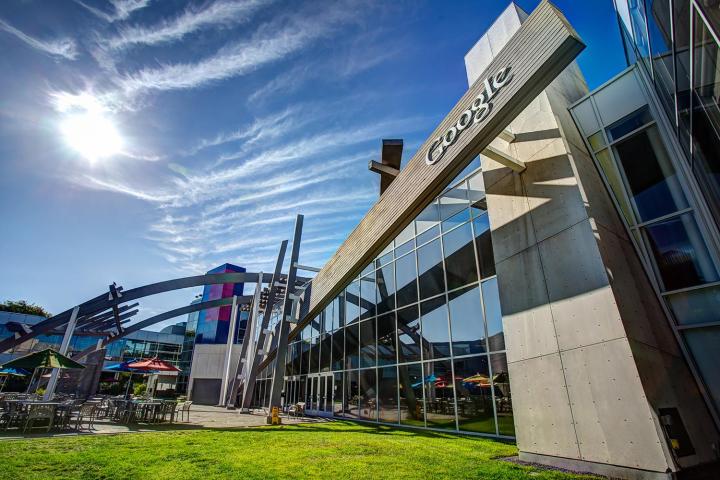
But, all that could soon start to change, says a chief AI researcher at Google, professor Geoff Hinton. According to him, Google’s AI project has successfully developed a set of algorithms that could give computers what he calls “common sense” in the next few years.
At a rudimentary level, the system works by scanning massive amounts of big data that Google collects on a daily basis, and then sorting through it to ‘learn’ how humans speak with each other on a conversational basis.
It’s a challenge that scientists in the field have been working for nearly a decade to surmount, with Intel’s Watson being the only machine so far to come close of actually understanding the way we talk, and being able to replicate it on a consistent basis.
Hinton says that by programming in what he calls “thought vectors,” people can train a computer to assign numerical probabilities to words, and then cross-check them against each other thousands of times a second, thereby deciding which make sense together.

Hinton (a native Brit) went on to get a bit cheeky about the progression we’ll see in how computers understand our way of speaking, alluding to problems like irony and political correctness as the next big stumbling block for a machine that still ‘thinks’ in binary.
“Irony is going to be hard to get,” he said. “You have to be master of the literal first. But then, Americans don’t get irony either. Computers are going to reach the level of Americans before Brits.”
At the end of his talk, Hinton downplayed Musk’s claims, stating that programs like what we’ve seen from the NSA are of more immediate concern than anything he or his colleagues are cooking up in the lab.
“I’m more scared about the things that have already happened,” said Hinton in response. “I am scared that if you make the technology work better, you help the NSA misuse it more. I’d be more worried about that than about autonomous killer robots.”

